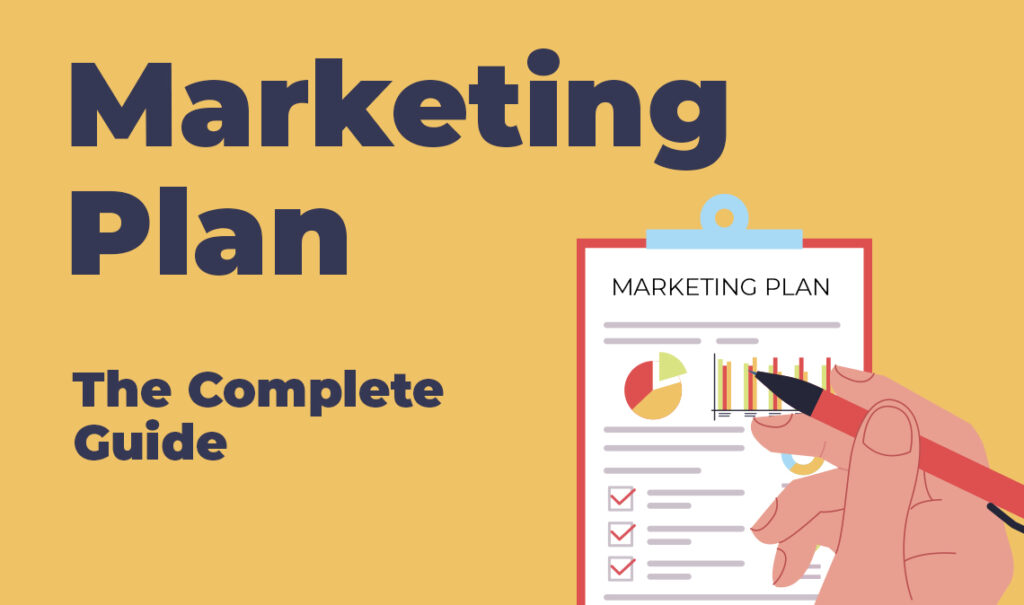In today’s fast-paced digital world, having a solid marketing plan is essential for any business. At Mishi Media Solutions, we understand the ins and outs of effective marketing strategies. Let’s dive into the five benefits and drawbacks you need to consider when crafting your marketing plan.

Introduction
Creating a plan is a strategic process that involves identifying your target audience, setting goals, and determining the best ways to reach those goals. However, like any strategic endeavor, it comes with its set of benefits and drawbacks. Understanding these can help you navigate your marketing journey more effectively.
5 BENEFITS OF YOUR MARKETING PLAN
1: Clear Direction and Goals
A well-structured marketing plan provides a clear direction and sets specific goals. This clarity ensures that all marketing efforts are aligned with the business’s overall objectives.
Strategic Alignment: When your marketing efforts are aligned with your business goals, it ensures coherence and boosts efficiency.
Performance Metrics: Having clear goals allows for measurable metrics, helping you track progress and make necessary adjustments.
Resource Allocation: Proper direction helps in efficient allocation of resources, whether it’s time, budget, or personnel.
2: Improved Marketing Efficiency
A detailed marketing plan helps in streamlining marketing efforts, leading to better efficiency and effectiveness.
Targeted Campaigns: Identifying the target audience helps in creating more focused and effective marketing campaigns.
Cost-Effective: Efficient marketing efforts reduce wasteful spending, making the most of your budget.
Enhanced Coordination: Clear planning facilitates better coordination among team members, ensuring everyone is on the same page.
3: Consistent Brand Messaging
Consistency in brand messaging is crucial for building brand recognition and trust. A marketing plan ensures that all communications are aligned with the brand’s values and voice.
Unified Message: Ensures that all marketing materials reflect the same brand voice and message.
Customer Trust: Consistent messaging helps in building and maintaining customer trust.
Brand Identity: Reinforces the brand identity across various channels, making it more recognizable.
4: Better Market Understanding
A well-researched plan provides a deep understanding of the market and competition, aiding in better decision-making.
Market Insights: Comprehensive research provides valuable insights into market trends and consumer behavior.
Competitive Edge: Understanding competitors’ strategies helps in carving out a niche and staying ahead.
Informed Decisions: Data-driven insights lead to more informed and effective decision-making.
5: Enhanced Customer Engagement
Effective marketing plans lead to better customer engagement by targeting the right audience with the right message.
Personalized Marketing: Tailored strategies resonate more with the target audience, leading to higher engagement.
Interactive Campaigns: Well-planned campaigns can create more interactive and engaging experiences for customers.
Loyalty Building: Engaging marketing efforts help in building and maintaining customer loyalty.
5 DRAWBACKS OF YOUR MARKETING PLAN
1: Time-Consuming to Develop
Crafting a comprehensive marketing plan can be time-consuming. It requires detailed research and analysis, which can delay the implementation of marketing activities.
Initial Research: The need for in-depth market research can be daunting and time-intensive.
Continuous Updates: Marketing plans require regular updates to stay relevant, which can be a continuous time investment.
Resource Intensive: Gathering and analyzing data demands significant resources, which can be a strain, especially for smaller businesses.
2: Potential Rigidity
A rigid marketing plan can sometimes stifle creativity and limit the ability to adapt to sudden market changes.
Lack of Flexibility: Strict adherence to a plan might prevent quick responses to market trends or emergencies.
Stifling Innovation: Overly detailed plans can limit creative approaches and innovative ideas.
Adaptation Challenges: Adjusting the plan on the fly can be challenging, leading to missed opportunities.
3: Requires Regular Monitoring
A marketing plan requires regular monitoring and evaluation to remain effective. This continuous oversight can be resource-intensive.
Performance Tracking: Continuous tracking of marketing activities is essential to gauge effectiveness.
Adjustments Needed: Regular evaluations mean constant adjustments to strategies, which can be resource-heavy.
Analytical Skills: Requires a team skilled in data analysis to interpret performance metrics correctly.
4: Can Be Costly
Developing and implementing a marketing plan can be costly, particularly for small businesses or startups with limited budgets.
High Initial Costs: The research and planning phases can incur significant costs.
Implementation Expenses: Executing the plan often requires substantial financial resources.
Ongoing Costs: Continuous monitoring and updating of the plan also add to the overall expenses.
5: Risk of Over-Dependence
Relying too heavily on a marketing plan can lead to complacency and a lack of responsiveness to new opportunities or challenges.
Complacency Risk: Over-reliance on the plan can result in a lack of proactive behavior.
Missed Opportunities: Being too focused on the plan can lead to missed opportunities in a dynamic market.
Adaptability Issues: Firms might struggle to pivot quickly in response to sudden market changes.
Conclusion
Creating a marketing plan is a vital step in achieving business success. While it comes with numerous benefits such as providing clear direction, improving efficiency, and enhancing customer engagement, it also has its drawbacks, including being time-consuming, potentially rigid, and costly. Balancing these benefits and drawbacks is crucial for developing a robust and adaptable marketing strategy.
FAQs
1. Why is a marketing plan important?
A marketing plan is important because it provides a clear roadmap for achieving business goals, ensuring all efforts are aligned and efficient.
2. How often should a marketing plan be updated?
A marketing plan should be reviewed and updated regularly, typically every quarter or bi-annually, to remain relevant and effective.
3. What are the key components of a marketing plan?
The key components include market research, target audience identification, marketing goals, strategies and tactics, budget allocation, and performance metrics.
4. Can small businesses benefit from a marketing plan?
Absolutely! Small businesses can greatly benefit from a marketing plan as it helps in efficient resource allocation, better market understanding, and targeted marketing efforts.
5. How can a marketing plan improve customer engagement?
A marketing plan improves customer engagement by ensuring that marketing efforts are targeted, personalized, and consistent, resonating more with the audience.


